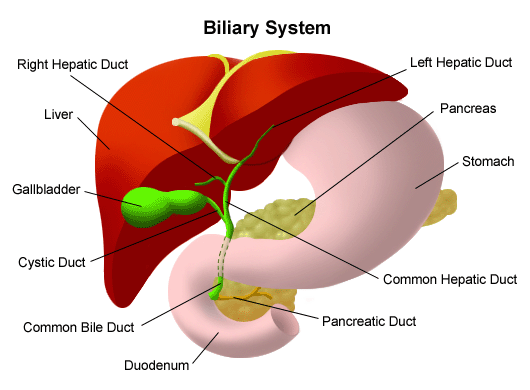
Liver - What You Need To Know!
There is not a single health problem that the liver is not aware of and cannot assist in resolving.
The Liver can determine the health of the human body when proper Liver tests are performed and reviewed by an experienced Hepatologist - Hematologist or practitioner who specialize in the Liver. The proper selected tests can build a blueprint of the inner ecology of the human body.
What is your knowledge ability regarding alternatives to conventional medical therapies?
While a liver specialist is primarily involved in prescribing mainstream medical treatments, he should also be knowledgeable about the available alternatives to conventional medical therapy. Extensive evaluation of any alternative treatment is essential before its effectiveness can be assessed. How familiar is the doctor with the alternative therapy in question? How is the doctor basing his recommendations as to the alternative in question? How many of the doctor's patients tried this alternative treatment, and what were the results?
If a doctor is going to treat your liver disease, it is important that he be knowledgeable as to the most popular alternative treatments for liver disease. While the doctor may not necessarily recommend their usage, it is important that he be conversant with their pros and cons.
How many people with liver disease have you treated?
It is important to know how experienced the doctor is in treating patients with liver disease. However, while you may be tempted to ask the doctor his age or how long he has been in practice, these questions are of questionable usefulness. Though most people would prefer not to be treated by a doctor who has just completed specialty training, the actual amount of years in practice may not be a reliable indicator of the doctor s experience with liver disease. For example, a doctor who has been in practice for thirty years may treat only ten individuals with liver disease each week. While another doctor, who may have been in practice for ten years, treats thirty people with liver disease each week. Who is more qualified? The answer is they both may be sufficiently qualified. The bottom line is that the age of the physician and the actual number of years he has been in practice is not reliable criteria by which to judge a doctor s level of experience.
Most often important liver test are ignored or not requested by the doctor for various reasons. The most common reasons are: they are not aware of the test, they don't know what to do for you if the test come back out of range, and the most common, you need to be on medication for a health issue and your liver is telling the doctor to take you off the drug.
The 3 most common liver blood tests are
1) ALT - Alanine aminotransferase used to be called SGPT (Serum Glutamate Pyruvate Transaminase). The presence of this enzyme is more specific for liver disease than AST which is found in more types of cells (i.e., heart, intestine, muscle). The normal range is 5 - 50 IU/L.
2) AST which is found in more types of cells (i.e., heart, intestine, muscle). The normal range is 5- 50 IU/L (International Units per Liter). AST - Aspartate aminotransferase used to be called SGOT (Serum Glutamic Oxaloaceti Transaminase). The normal range is 5-50 IU/L.
3) GGT or GGTP - Gamma Glutamyl Transpeptidase. Elevated levels of this enzyme are specific to liver disorders (GGT levels are not elevated in diseases of bone, placenta or intestine.) The normal level is zero.
Unfortunately if any of these 3 blood tests come back out of range it may not be enough just to take you off the medication.
There are Liver tests that can catch serious medical conditions before it is to late.



